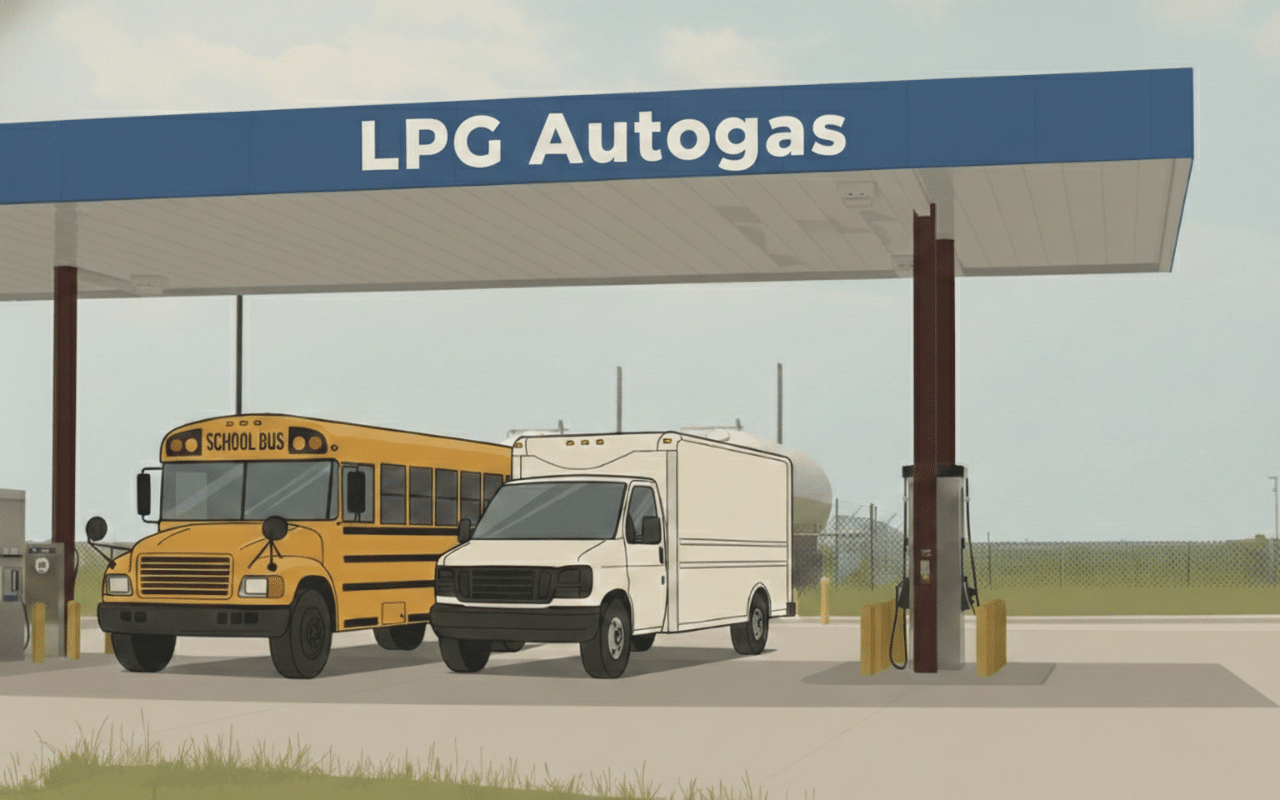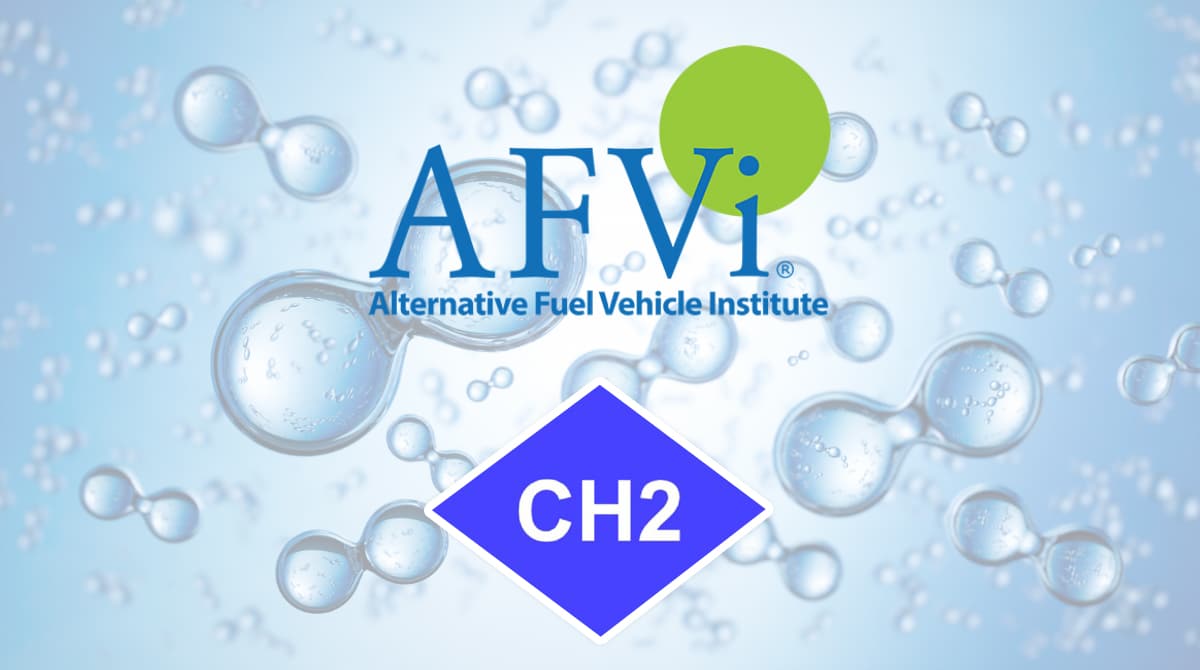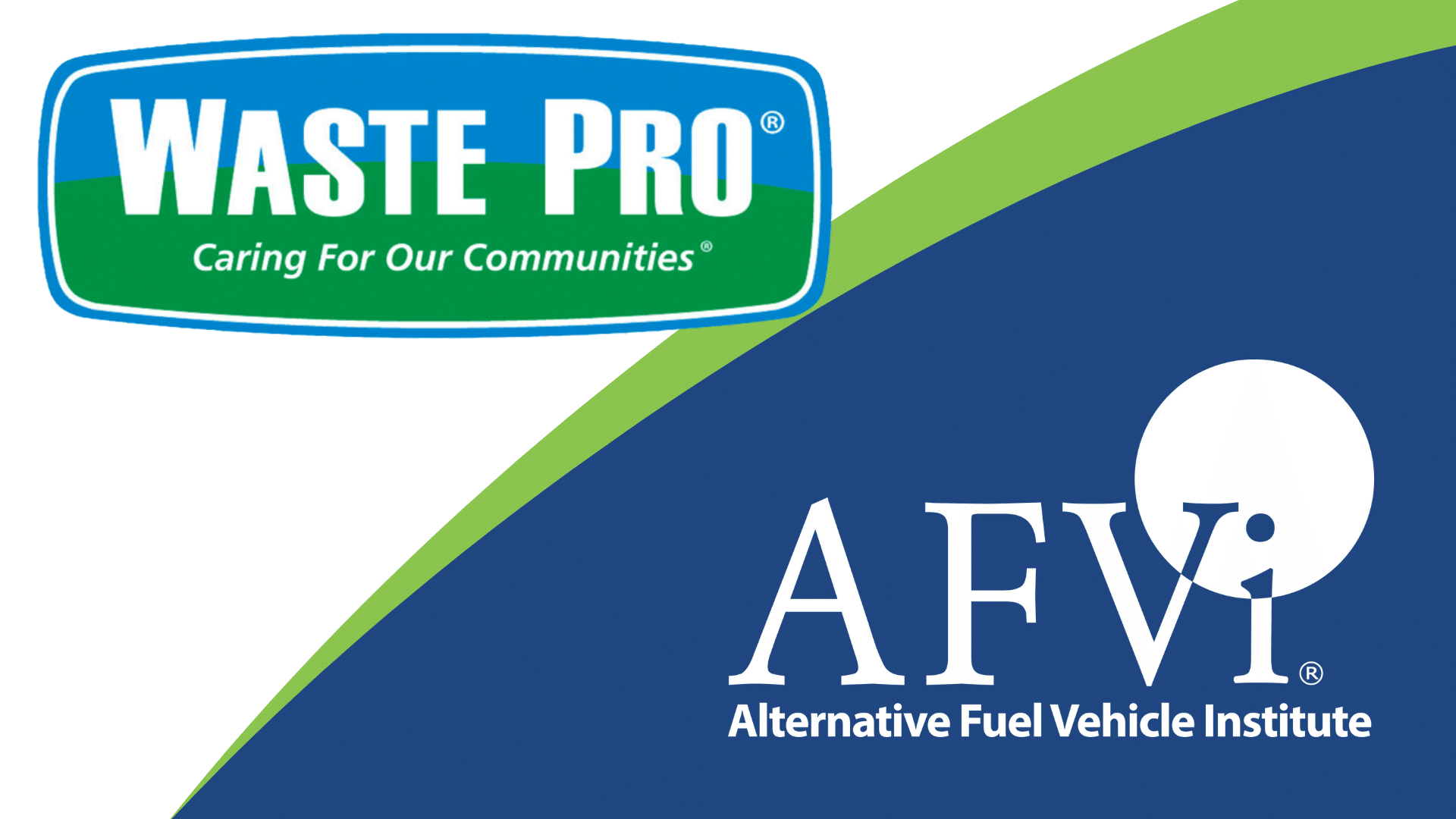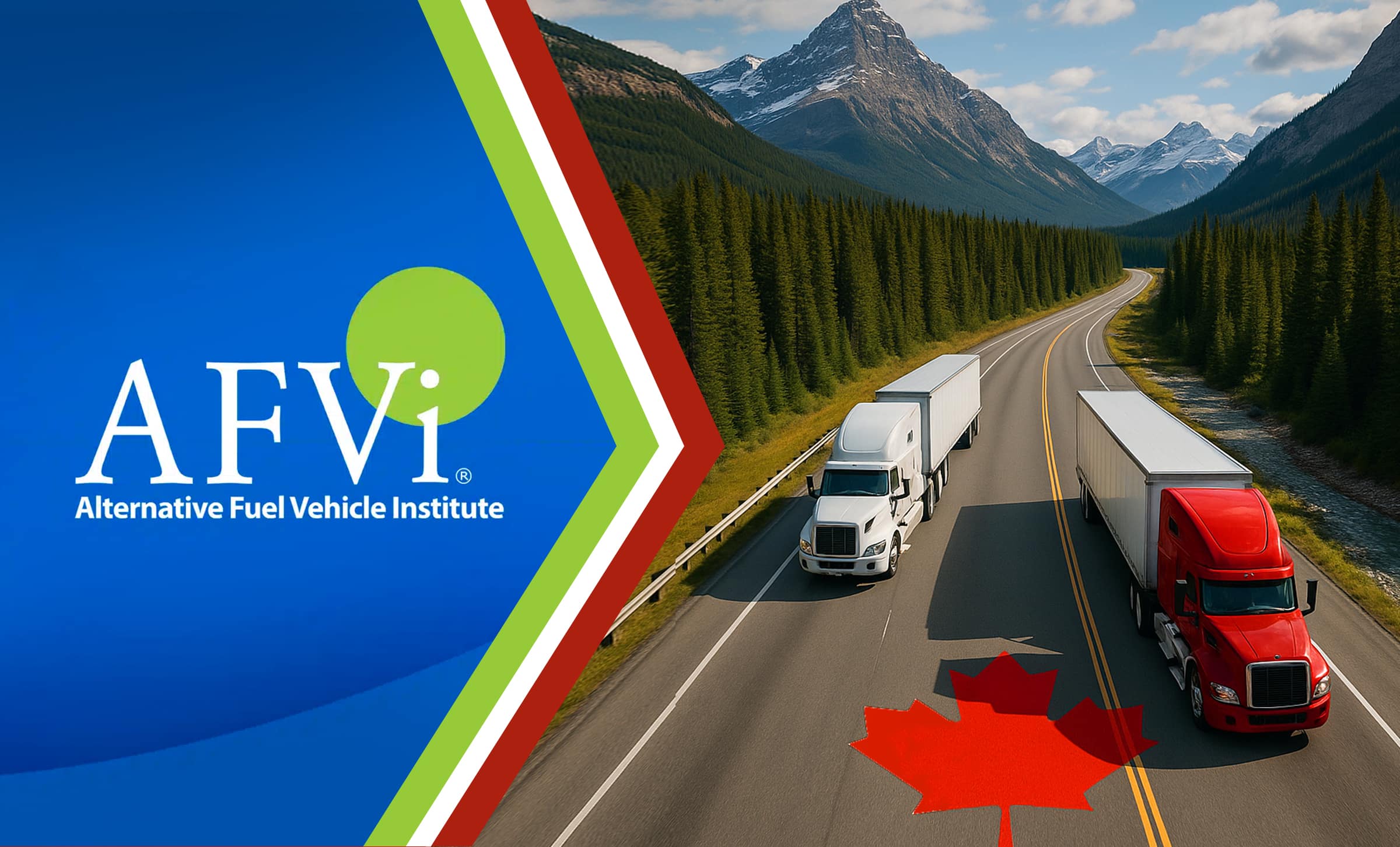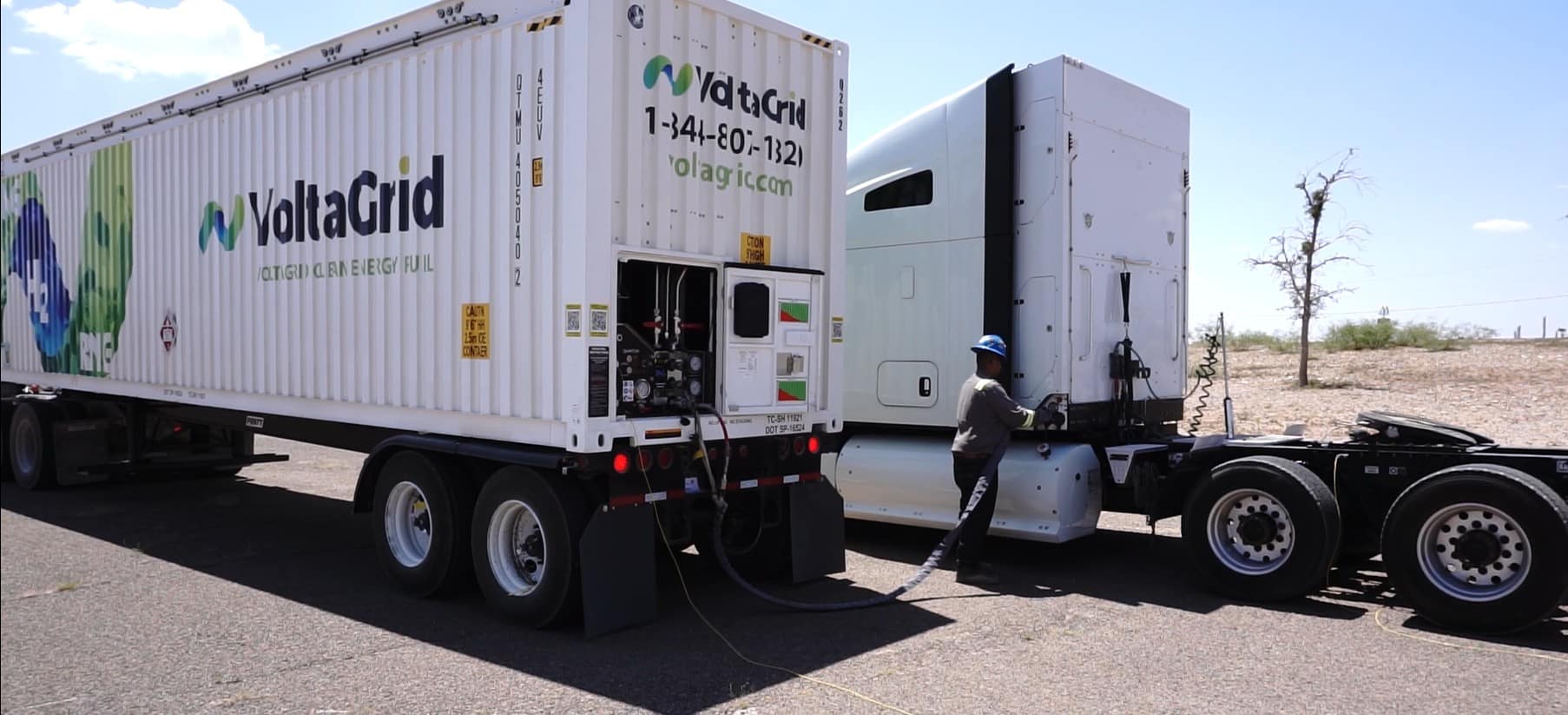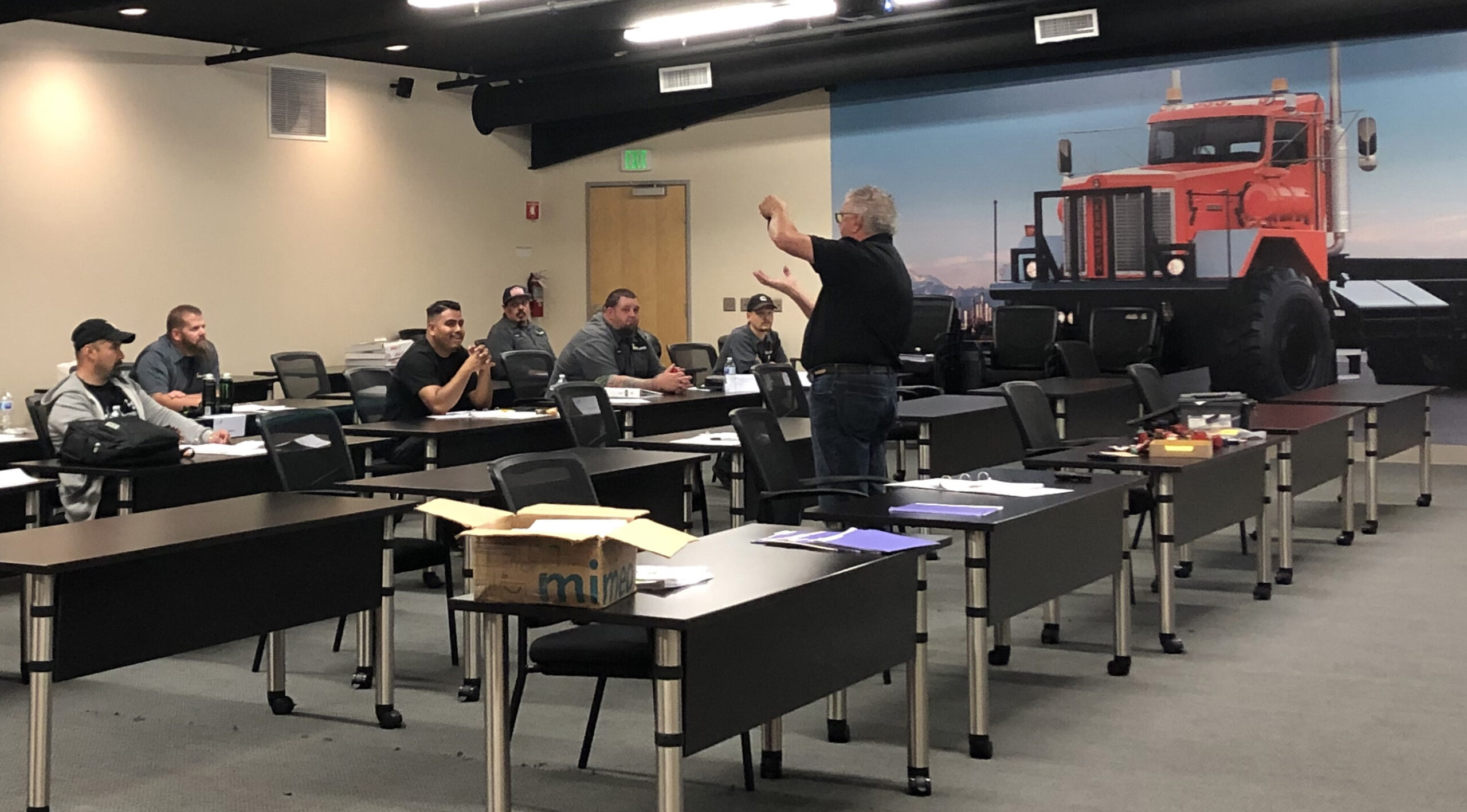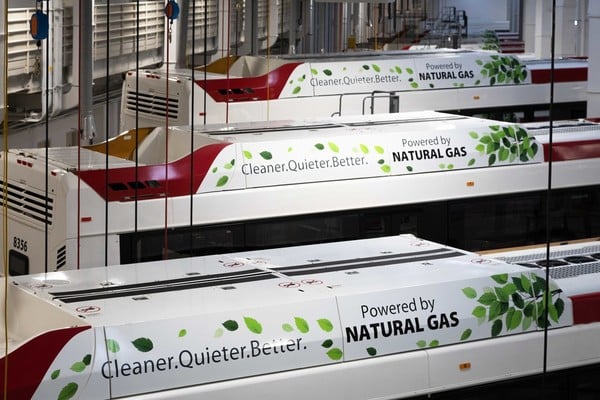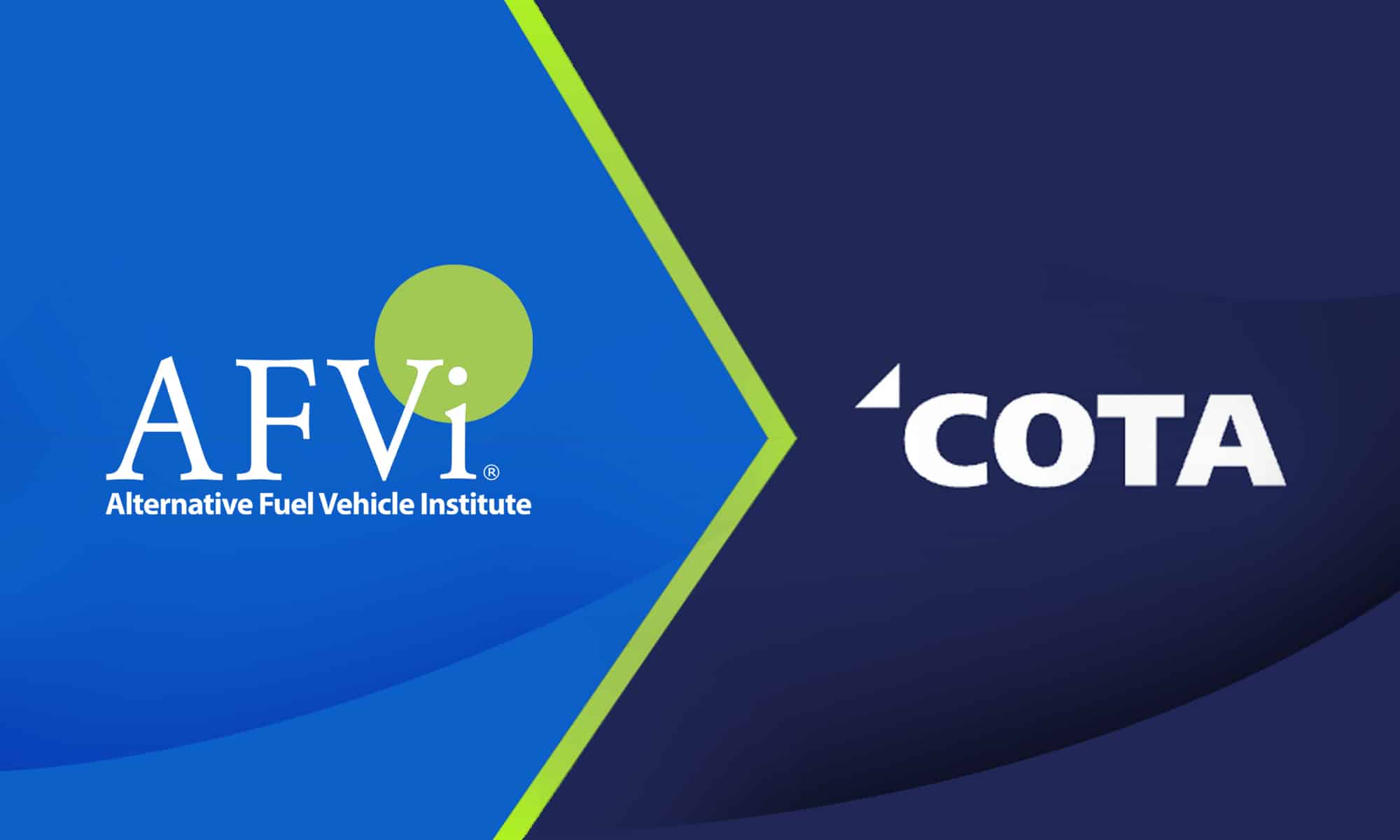
Understanding the Differences Between Pre-Delivery and Pre-Service CNG Inspections
Battery-electric vehicles continue to play a role in certain applications, but adoption rates have slowed. Some companies are less inclined to invest in them due to cost, charging infrastructure limitations, and operational challenges. For fleet leaders who are exploring other low-emission technologies, propane autogas hybrid vehicles could be the solution.
